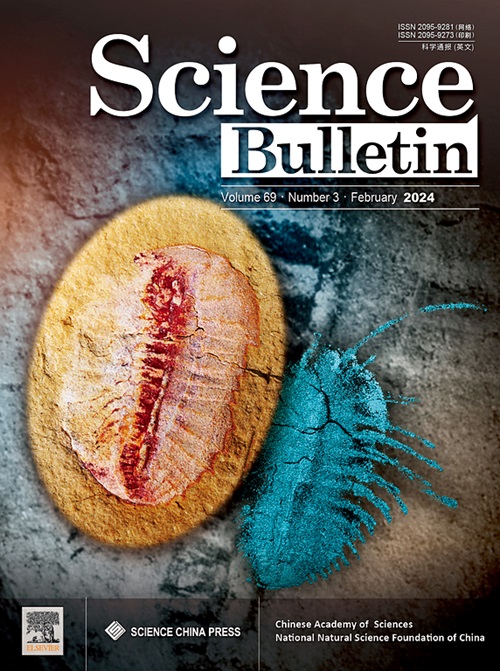Purinergic signaling by TCRαβ+ double-negative T regulatory cells ameliorates liver ischemia–reperfusion injury
IF 18.8
1区 综合性期刊
Q1 MULTIDISCIPLINARY SCIENCES
引用次数: 0
Abstract
Hepatic ischemia–reperfusion injury (HIRI) is an important cause of liver injury following liver transplantation and major resections, and neutrophils are the key effector cells in HIRI. Double-negative T regulatory cells (DNT) are increasingly recognized as having critical regulatory functions in the immune system. Whether DNT expresses distinct immunoregulatory mechanisms to modulate neutrophils, as in HIRI, remains largely unknown. In this study, we found that murine and human DNT highly expressed CD39 that protected DNT from extracellular ATP-induced apoptosis and generated adenosine in tandem with CD73, to induce high levels of neutrophil apoptosis. Furthermore, extracellular adenosine enhanced DNT survival and suppressive function by upregulating survivin and NKG2D expression via the A2AR/pAKT/FOXO1 signaling pathway. Adoptive transfer of DNT ameliorated HIRI in mice through the inhibition of neutrophils in a CD39-dependent manner. Lastly, the adoptive transfer of A2ar-/- DNT validated the importance of adenosine/A2AR signaling, in promoting DNT survival and immunomodulatory function to protect against HIRI in vivo. In conclusion, purinergic signaling is crucial for DNT homeostasis in HIRI. Augmentation of CD39 or activation of A2AR signaling in DNT may provide novel therapeutic strategies to target innate immune disorders.

TCRαβ+双阴性T调节细胞的嘌呤能信号传导可改善肝缺血再灌注损伤。
肝缺血再灌注损伤(Hepatic ischemia-reperfusion injury, HIRI)是肝移植及大切除术后肝损伤的重要原因,而中性粒细胞是HIRI的关键效应细胞。双阴性T调节细胞(DNT)越来越被认为在免疫系统中具有关键的调节功能。DNT是否表达了不同的免疫调节机制来调节中性粒细胞,如HIRI,在很大程度上仍然未知。在本研究中,我们发现小鼠和人DNT高表达CD39,保护DNT免受细胞外atp诱导的凋亡,并与CD73一起产生腺苷,诱导高水平的中性粒细胞凋亡。此外,胞外腺苷通过A2AR/pAKT/FOXO1信号通路上调survivin和NKG2D的表达,从而增强DNT存活和抑制功能。DNT过继转移通过以cd39依赖的方式抑制中性粒细胞,改善小鼠HIRI。最后,A2ar-/- DNT的过继转移验证了腺苷/ A2ar信号在促进DNT存活和免疫调节功能以保护HIRI中的重要性。总之,嘌呤能信号对于HIRI中DNT稳态至关重要。CD39的增强或DNT中A2AR信号的激活可能为先天性免疫疾病提供新的治疗策略。
本文章由计算机程序翻译,如有差异,请以英文原文为准。
求助全文
约1分钟内获得全文
求助全文
来源期刊

Science Bulletin
MULTIDISCIPLINARY SCIENCES-
CiteScore
24.60
自引率
2.10%
发文量
8092
期刊介绍:
Science Bulletin (Sci. Bull., formerly known as Chinese Science Bulletin) is a multidisciplinary academic journal supervised by the Chinese Academy of Sciences (CAS) and co-sponsored by the CAS and the National Natural Science Foundation of China (NSFC). Sci. Bull. is a semi-monthly international journal publishing high-caliber peer-reviewed research on a broad range of natural sciences and high-tech fields on the basis of its originality, scientific significance and whether it is of general interest. In addition, we are committed to serving the scientific community with immediate, authoritative news and valuable insights into upcoming trends around the globe.
 求助内容:
求助内容: 应助结果提醒方式:
应助结果提醒方式:


